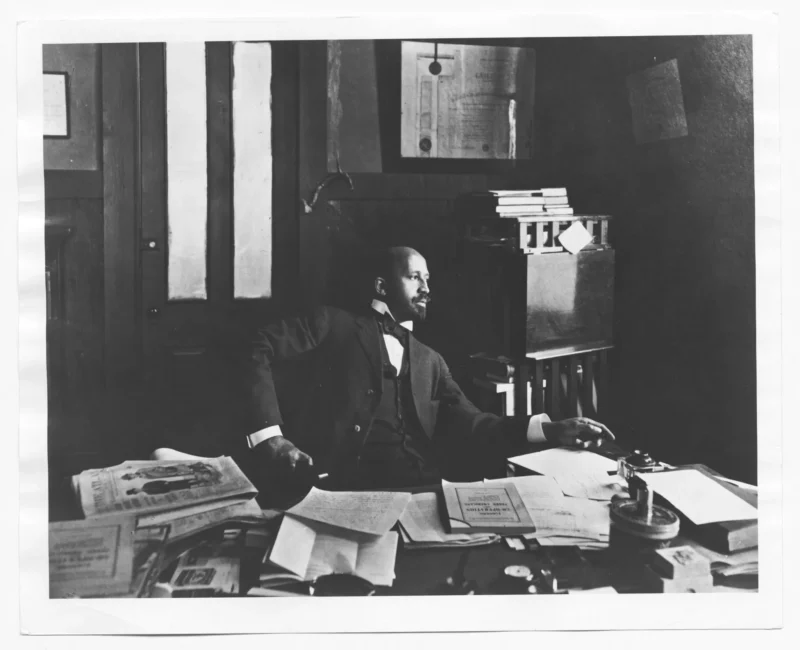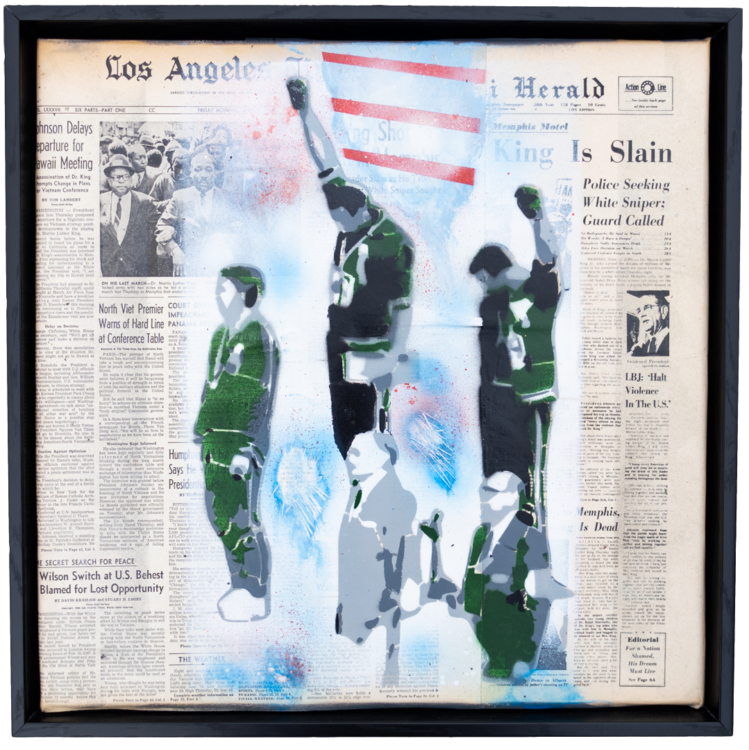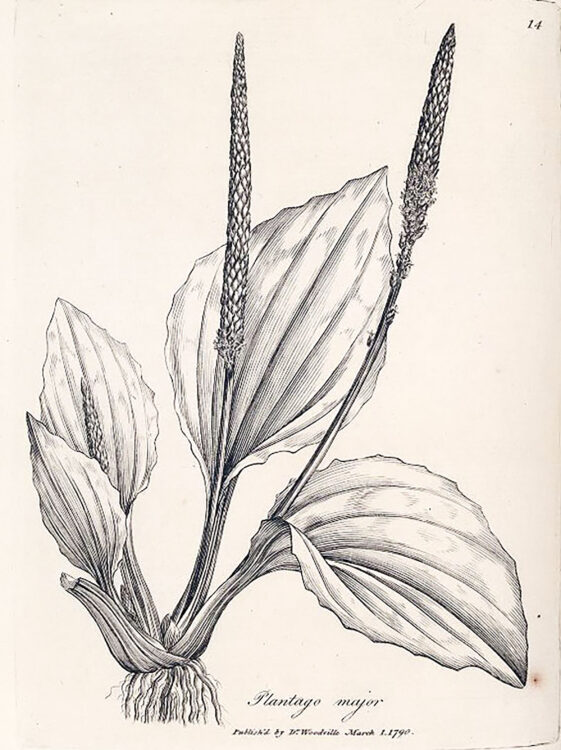W.E.B. Du Bois and the Legacy — and Betrayal — of Black Soldiers
Share
Explore Our Galleries
Breaking News!
Today's news and culture by Black and other reporters in the Black and mainstream media.
Ways to Support ABHM?
By Matthew Delmont, New York Times
In “The Wounded World,” Chad Williams examines the scholar-activist’s struggle to complete a book about Black troops’ experiences during World War I.

In February 1938, W.E.B. Du Bois celebrated his 70th birthday by attending a convocation in his honor at Spelman College in Atlanta. Wearing his Harvard doctoral regalia, he delivered a speech surveying his life and work as a scholar and activist. As the historian Chad Williams describes in his illuminating new account, Du Bois told the friends and luminaries who had gathered how he was profoundly influenced and troubled by the First World War.
“I felt for a moment during the war that I could be without reservation a patriotic American,” Du Bois said. “I did not believe in war, but I thought that in a fight with America against militarism and for democracy we would be fighting for the emancipation of the Negro race.”
This hope soon gave way to disillusionment. Du Bois traveled to France after the armistice to interview Black troops. “I saw the mud and dirt of the trenches; I heard from the mouths of soldiers the kind of treatment that Black men got in the American army,” he said. “I was convinced and said that American white officers fought more valiantly against Negroes within our ranks than they did against the Germans. I still believe this was largely true.”
Those closest to him knew that for nearly two decades Du Bois had been trying to finish writing a massive history of the war, “The Black Man and the Wounded World.” Williams calls this unfinished project “Du Bois’s most significant work to never reach the public.” His deeply researched, crisply written story is structured around Du Bois’s struggle to finish this manuscript and grapple with the legacy of a war.
Du Bois was one of the historians who wrote about Black progress during Reconstruction.



Comments Are Welcome
Note: We moderate submissions in order to create a space for meaningful dialogue, a space where museum visitors – adults and youth –– can exchange informed, thoughtful, and relevant comments that add value to our exhibits.
Racial slurs, personal attacks, obscenity, profanity, and SHOUTING do not meet the above standard. Such comments are posted in the exhibit Hateful Speech. Commercial promotions, impersonations, and incoherent comments likewise fail to meet our goals, so will not be posted. Submissions longer than 120 words will be shortened.
See our full Comments Policy here.